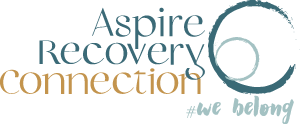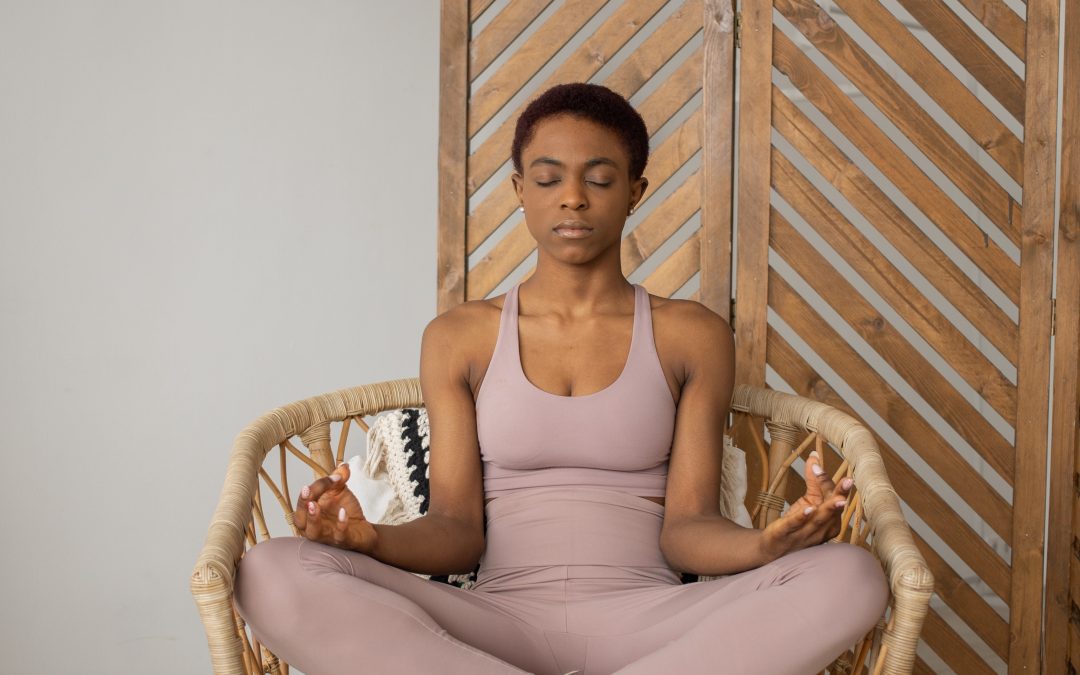Where can you find your slow moments in-between your out-breath and in-breath?
What would happen if we lived our lives at a slower pace, that felt more connected to ourselves and our surroundings? What would this look like?
Slowing down and prioritising our well-being can be an unfamiliar concept to many of us – including myself but if we occasionally paused for thought, created space for moments of stillness and prioritized ourselves and self-care – what would that look like for you? How would life be/feel different for you?
Our mind, body, breath, and thoughts will either deplete or nourish our overall sense of wellbeing.
Breath is the cord that ties the soul to the body
– Brother Ramananda
Where can we start to nourish our wellbeing? A great place would be booking a counselling session because this is a good opportunity for you to reconnect to yourself and your breathing while having the support of a professional by your side every step of the way. Sometimes it helps to have someone listen and help you decipher your emotions to gain clarity and relief, especially if you’re feeling overwhelmed, unhappy, or unsure of things. For today, let’s start with bringing our awareness to our thoughts and breath using the below practice as this mindfulness practice nourishes me even when I am met with resistance from my own thoughts in-between breaths.
Awareness exercise ~ to find a quiet moment in-between your breaths:
- When you first wake, spend a few minutes focusing on your thoughts. Be open and curious about what goes on in your mind. This awareness allows you to become aware of your unfolding thoughts throughout the day.
- Welcome your thoughts – whether they are negative, neutral, or positive. Sit with them and be open to learning about your thoughts.
- Stay with your first thought. Avoid the tendency to increase negative thinking by adding other thoughts about how bad you are for thinking negatively. It’s okay! 😊
- Bring acceptance to your thoughts, to the fact that negative thinking is a normal part of life. Everyone does it! We can adopt a softer approach, where you may even like to use a little humour to help you change your relationship with habitual negative thinking.
- It’s okay to take a break from thinking! While it’s useful to be curious about your thoughts, it can be exhausting over thinking about what you’re thinking.
- Then bring your awareness to your breathing. Observe the natural rise and fall of your chest and belly, as you breathe in and out.
- You may like to breathe in for four counts, then breathe out for four counts. Then stay with this for a few minutes.
- Then take your awareness into the space between the out-breath and in-breath. And just be with what you find in this space. Welcome the thoughts and feelings as they arise – negative, neutral, and positive. Then allow the breathing cycle to naturally take you to the next in-breath, out-breath, and then rest your awareness in the space in-between the next breath. Just be curious, open and kind to what you find in this space.
A reflection to sit with as you’re resting in-between breaths:
- In this space between the outbreath and inbreath; quietly ask yourself “what would happen if I lived at a slower pace in my life?”
- Take a moment to sit with: “what would a slower pace look like, feel like in my life?”
- Trust what comes to you, and you may like to write down what inner guidance, thoughts or inspiration came through for you. Or if you prefer expressing your thoughts and feeling through creativity like journaling, drawing or painting – do that!
This is a practice you can do at the beginning of the day, anytime you’re feeling overwhelmed with your thoughts, or if you’re simply wanting to create some “me time” and tune in with you.
If you feel you need more support and would like to have a session with me, please get in touch, I am also available for outreach, coming to you in your own home where you feel comfortable and safe. Counselling provides you with a space where you can relax and learn simple effective ways in which to help you on your healing journey.
Enjoy creating the space to find moments of calm during your day between your breaths and perhaps consider what your slow moments are – whether that is going for a walk, learning to mediate, bringing more mindful moments into your day, discovering a new hobby that brings joy and spaciousness into your day, reading a book, or simply taking a long breath during those moments of overwhelm or busyness to bring you back to that place between your breaths.
Seeking slow moments between our breaths provide simple ways for you to slow down, just be and reconnect with yourself and surroundings.
If this practice or the concept around mindfulness has resonated for you, you may like to visit a couple of these websites:
Mindfulness in Australia is an Organisation based in Adelaide and they have wonderful resources to explore online.
While mindfulness is widely considered to be a method of stress relief, Thich Nhat Hanh has long taught that mindfulness is not a tool but a way of life.
We would love to hear how you have experienced the awareness and reflection practice.
With warmth,
Kate X
Author



I find breathing in for four seconds and out for four seconds really helps in reducing my anxiety by slowing down my breathing. Focussing on counting the seconds redirects my attention away from the thoughts that were making me anxious . Very helpful article, thank you xx